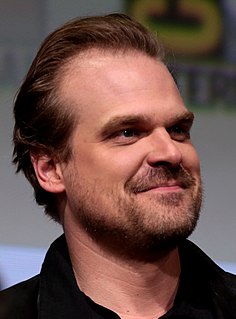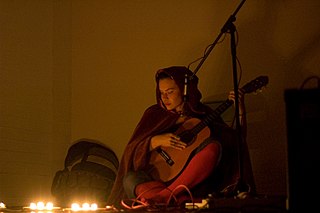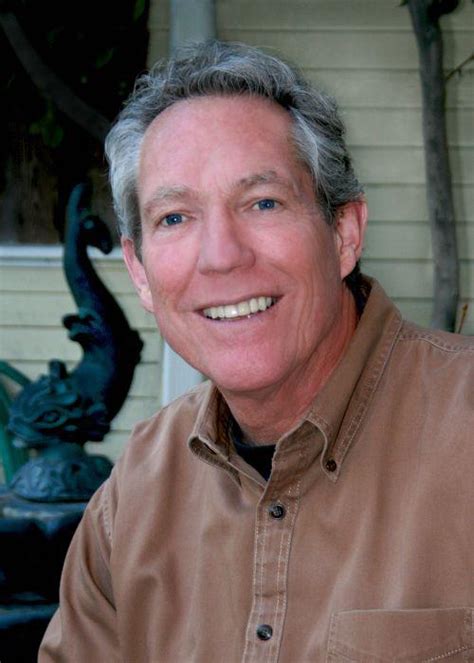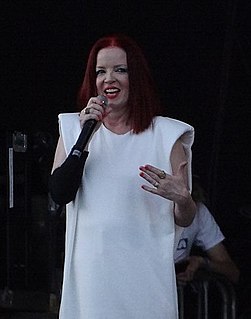A Quote by Tony Robbins
The power of reading a great book is that you start thinking like the author. For those magical moments while you are immersed in the forests of Arden, you are William Shakespeare; while you are shipwrecked on Treasure Island, you are Robert Louis Stevenson; while you are communing with nature at Walden, you are Henry David Thoreau. You start to think like they think, feel like they feel, and use imagination as they would. Their references become your own, and you carry these with you long after you've turned the last page.
Quote Topics
After
Author
Become
Book
Carry
David
David Thoreau
Feel
Forests
Great
Great Book
Henry
Imagination
Immersed
Island
Last
Like
Long
Louis
Magical
Magical Moments
Moments
Nature
Own
Page
Power
Reading
References
Robert
Shakespeare
Start
Think
Thinking
Those
Treasure
Treasure Island
Turned
Use
While
William
Would
Your
Related Quotes
While reading writers of great formulatory power — Henry James, Santayana, Proust — I find I can scarcely get through a page without having to stop to record some lapidary sentence. Reading Henry James, for example, I have muttered to myself, "C’mon, Henry, turn down the brilliance a notch, so I can get some reading done." I may be one of a very small number of people who have developed writer’s cramp while reading.
I was very resistant to my intellectualism for a while. I do start with an intellectual idea for a character. A lot of the times, it'll be the opposite of what I feel like is on the page, or it'll be just an idea that I read in a psychology textbook or in a philosophy book. I'll apply something to it that I can start to tinker with.
I think the most takes I've ever done would probably be maybe 10, on like a big studio movie where you can do those. But after a while it's like, "It's not gonna get any better, this is what it is," the light's just gonna dull from your eyes. I think the more you do it, the less the actors listen to each other because then you start memorizing the other person's lines and you start getting bored.
The songs are not meant to be real life. They're meant to have a psychic - rather than a factual - bearing on the listener. It's rare that a song grounded in reality moves me because I don't feel like I'm getting the whole story. Songs are made to exist in and of themselves, like a great James Jones or Robert Louis Stevenson novel - they're not autobiographical, and yet there's a reality in every single page. It's real life of the imagination.
This is the world. I don't really believe in hell or heaven or an after life at all, I believe this is it. It can be a paradise for you, if you've got the right mindset. Or it can be a total nightmare. The song is just about remembering these moments of, you know, these epiphanies or magical moments of clarity that I think everybody has at some point in their life, often, while they're taking acid or something like that, or while they're doing really intense yoga.
Objectifying your own novel while writing it never really helps. Instead, I guess while you're writing you need to think: This is the novel I want to write. And when you're done you need to think: This is what the novel I wanted to write feels like and reads like and looks like. Other people might call it sweeping or small, but it's the book you chose.
Some loves are like that. Your heart starts to feel like an overcrowded lifeboat. You throw your pride out to keep it afloat, & your self-respect & independence. After a while you start throwing people out - friends, everyone you know. & it's still not enough. The lifeboat is still sinking, & you know it's going to take you down with it. I've seen that happen to a lot of people. I think that's why I'm sick of love. - Karla
Once we're able to see this world as an illusion and a phantasm, then we can see everything that happens to us as a dream, as something that pretended to exist while we were sleeping. And we will become subtly and profoundly indifferent towards all of life's setbacks and calamities. Those who die turned a corner, which is why we've stopped seeing them; those who suffer pass before us like a nightmare, if we feel, or like an unpleasant daydream, if we think. And even our own suffering won't be more than this nothingness.
As a child, as a cinemagoer, I think there is nothing better than being in a cinema or watching a film. I think it's just a while magical... it almost feels like you're at a big party in India, where you're singing, you're dancing, you're laughing, you're crying, you feel like you're at a wedding because our films invariably cover all emotions.




































